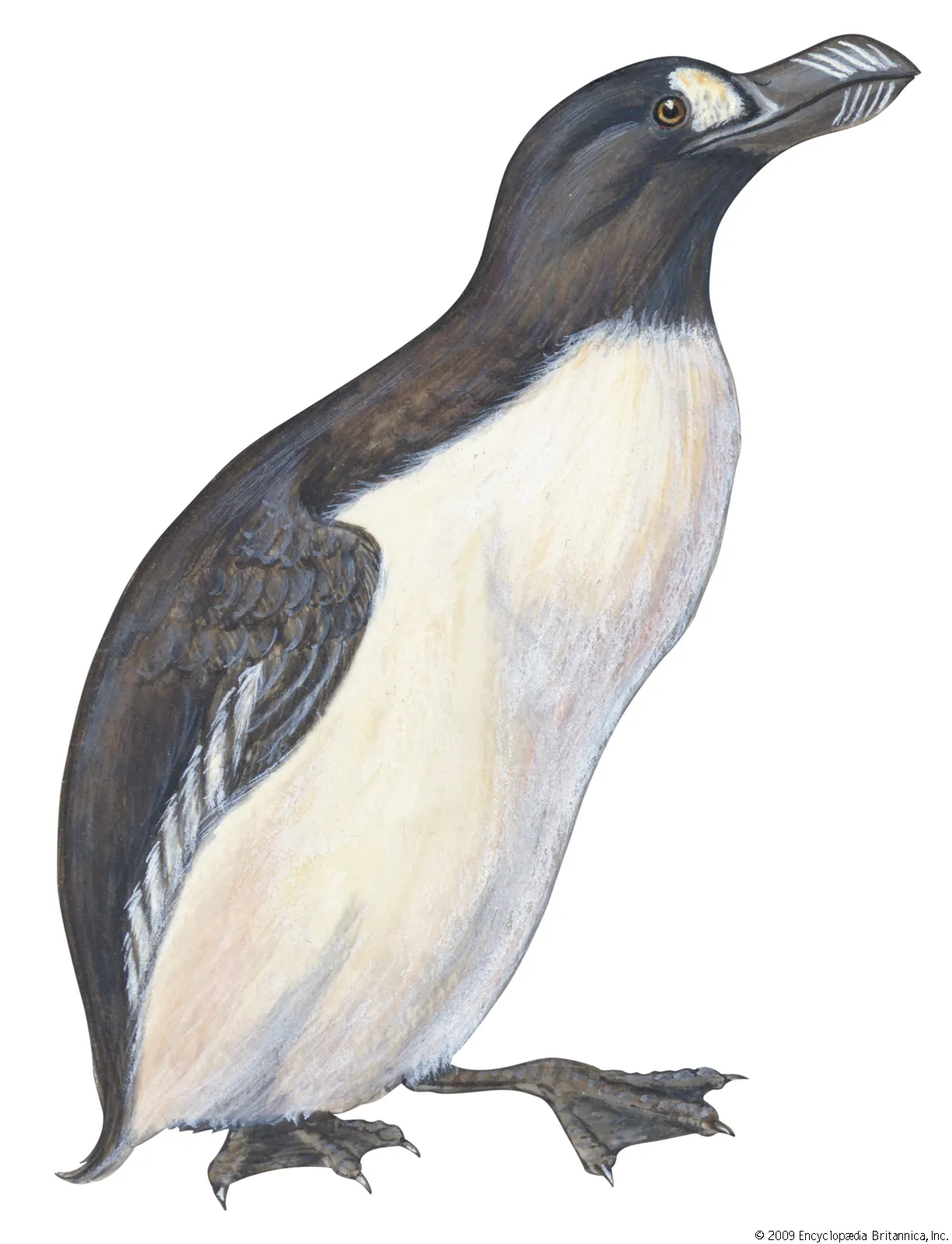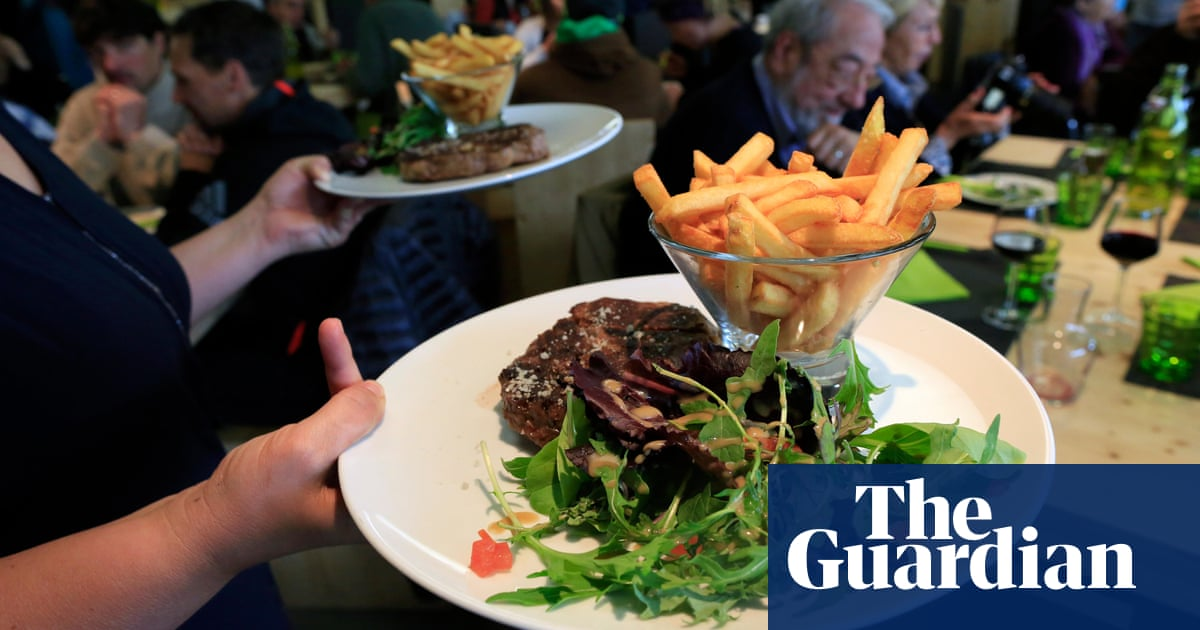- cross-posted to:
- hackernews@derp.foo
- technews@radiation.party
No more cordon blur: France prepares to ban vegetarian products from using meaty language

Terms like ‘steak’, ‘grill’
I get the reasoning behind wanting a clear distinction between animal products and alternative products, but ‘grill’? In my understanding, a grill is the appliance you cook (or, in this case, grill) your food with. You can grill vegetables. So why would they ban ‘grill’?

Because the rich and powerful meat lobby wants to make life hell for their meat free competitors. The only logic here is money.

At least in German, there’s even a term that translates to grill vegetables. Meaning zucchini, eggplant, …

That’s a bit rich coming from the people who call a potato a ground apple.

Let me guess, you belong to the people who call an ananas a pine apple?
In the future, please do not editorialize titles unless the title is clickbait and you’re providing a title which isn’t.
I looked through the Giant Instruction Manual of Lemmy for this and I couldn’t see any recommendations about titles but I’ll change it for you if I can.

Is anybody out there buying vegan stuff thinking it’s meat? Read the label. You should be doing that anyway.

honestly if people don’t notice it’s vegan that company fully deserves to call it meat, more power to them.

Removing “grill” is fucking stupid.
Vegetables can been grilled, too. I can understand “steak” and “spare ribs,” but “grill” is not about the food; it’s the cooking method.

Rare French W.
If you wish buy plant based “meat” you should be free to do that, but calling “steak” what clearly isn’t is just trying to fool the customer into buying something they’re probably not interested in purchasing.
Have you ever been confused by coconut milk? Do you think that hamburgers come from Hamburg? Are sweetbreads made from wheat and sugar?

The worst part is that often people telling you what milk should be or not don’t even know how the milk they drink is made or where it comes from. The number of non vegan people who think cows “just make milk” all the time for free and that it’s carefully harvested by a dude while rubbing her back when the reality is so drastically more horrifying.
Exactly. If they want honesty in labelling then images of happy cows in fields on dairy products should be replaced by pictures of young calves being pulled from their mothers so they don’t consume the milk.

Do you think that hamburgers come from Hamburg?
…perhaps?
The earliest known burgers I have read about were made and sold as roadside snacks in the Roman empire.

Right given all the options I’m waiting more willing to pick that one than the one that involves ham being involved.

- No
- Yes
- I would have guessed that, yes. I guess I just learnt a new word lol
Coconout milk would be confusing if they didn’t put a picture of a coconout on the label and made it evident that it what you are buying isn’t actually milk. I simply believe this same reasoning also extends to meat and any other products that may have a plant based alternative.

this is exclusively about protecting the meat & dairy industry. nothing more.

It was definitely less confusing when vegetarian products always had green packaging, and meat did not. If manufacturers aren’t going to be consistent in their colour-coding, then there needs to be more clarity on the language. I’m a vegetarian, and I regularly have to double check what I’m buying because I don’t want meat, and when both are packaged in orange-and-white and both called exactly the same thing, with the plant-based one only having a smaller sub-title stating it’s plant-based, that doesn’t make my life any easier either.
Clear packaging and labelling benefits everybody here.

They don’t do it like that because there’s a large portion of the population that wouldn’t buy an orange if it had a sticker proclaiming it was vegan, because, “did you see the sticker? Who knows what’s in that thing”

Eh I hadn’t really considered the flip side but it makes sense, it’s also a problem the other way around for vegetarian folks wanting to be able to spot vegetarian products at a first glance, yeah.

I live in France. I have never encountered any instance of misleading packaging. No one is being fooled. This is a bullshit excuse made up by bullshit people. The meat industry is an extremely powerful lobby here, as is industrial agriculture, and this government is bending over backwards to accommodate their every whim.

Do you buy “steak” as in a generic description for something from any animal, or do you buy bison, camel, goat or horse steak? I have only seen plant based steaks or schnitzel where it has it in the name. “Plant based product” or “product based on soy/pea”

To be fair I hardly ever buy packaged meat so I’m not sure how their labels would look. Though I would expect the plant industries would try and pass their plant based product as the real thing, to trick omnivorous people on buying it instead, so they would write “plant based” or whatever as small as possible if at all (depending on food regulations in the country they are selling it in, of course).
I guess such an assumption would base itself in vegetarian people being more careful with what they buy, compared to normal people, otherwise they’d be tricking them too.

I am in strong favor a big prominent “contains animal products” label. It would make live so much easier.

Right, but ‘steak’ does mean a little more than that. It also would indicate a particular kind of cut of meat, which would generally indicate minimal connective tissue, tenderness, location, etc. Now, you could say “well, all that is irrelevant to this discussion”, but to an extent is really is relevant. We are talking about how word meanings are being changed and how that influences consumer choice. Imagine if we started to see companies using the word 'vegetarian ’ in a way that simply meant ‘containing vegetables’, regardless of meat content. Already terms like ‘organic’ are nearly meaningless in some markets. This sort of thing happens.
Imagine a company creating a half-meat and half-plant based burger and calling the product ‘Vegan Beef’. Who could be confused, some might argue here, about this product? - it has ‘beef’ right in the name.
Strict guidelines can also protect consumers.
To return to the original point, the term ‘steak’ in a food context has already become nearly meaningless (or at least has so many conflicting meanings that it has lost most of its usefulness). ‘Milk’ is heading that way. ‘Organic’ is without much meaning in the US. Would you like ‘meat-free’ labels allowed on foods that had absolutely no muscle-tissue content, but did contain animal organ, bone, and fat content?

Right, but ‘steak’ does mean a little more than that. It also would indicate a particular kind of cut of meat, which would generally indicate minimal connective tissue, tenderness, location, etc.
So as long as it has “steak” written on it you just care that is any animal with those properties?
Would you like ‘meat-free’ labels allowed on foods that had absolutely no muscle-tissue content, but did contain animal organ, bone, and fat content?
I want a strong indicator that a product contains any animal products. There are already many labels for plant based products but none are required by any law.

They’re not even on the same shelves, there was never any confusion possible, just like people don’t think “fruits de mer” are fruits or “lait de corp” is milk. This is just a completely meaningless power move from the lobbies but to be clear it is not in response to people overwhelmingly being tricked into gasp eating healthy products. Now it’s the other way around and it’s confusing for vegetarian/vegan people because stuff like soy milk is now labeled “soy drink” and is shelved next to the ACTUAL soy drinks with sugar and stuff in it, and so on.

Just because it’s plant-based doesn’t mean it’s healthy. You can load up a veggie burger with all sorts of stuff that might have other benefits, but it’s not health food. But otherwise, yes, this has lobbies written all over it.

As soon as we conceded “milk” for plant milks we were setting off on a long path of bullshit. If something is designed as an alternative to something it should be able to explain it’s designed purpose.

Call any vegetable. Just don’t call it “meat”.

Wasn’t there an EU court case a couple of years ago that determined that supplements are allowed use meaty language?
🤖 I’m a bot that provides automatic summaries for articles:
Click here to see the summary
The French government has said it is preparing a new decree against meaty terms like “steak”, “grill” and “spare ribs” being used to describe plant-based products.
Its latest decree is “an issue of transparency and honesty responding to the legitimate expectations of consumers and producers”, agriculture minister Marc Fesneau said in a statement on Monday.
Farmers and firms in France’s meat supply chain have long militated against terms like “plant-based burger” or “vegan sausage”, claiming that they confuse consumers.
However, over 120 meat-associated names such as “cooked ham”, “poultry”, “sausage” or “bacon” will still be authorised provided that the products do not exceed a certain amount of plant proteins, with percentages ranging between 0.5% and 6%.
Guillaume Hannotin, lawyer for the Proteines France organisation representing makers of vegan and vegetarian alternatives, said the term “plant-based steak” had been in use for more than 40 years.
He argued France’s new decree still contravenes EU regulation on labelling for products which – unlike milk – lack a strict legal definition and can be referred to by terms in popular use.
Saved 46% of original text.



